
What is gastritis?
If the lining of the stomach is damaged, gastritis can occur. People with gastritis can relieve their symptoms with medications and special diets; however, chronic gastritis requires medication and frequent doctor visits. With a proper diet, patients can avoid the need for long-term medication and avoid the need for surgery.
People with gastritis often have erosive esophagitis. This happens when the stomach lining becomes inflamed due to irritation of the stomach lining. This causes ulcers in the lining of the stomach. Common symptoms of erosive gastritis are vomiting, nausea, and weight loss.
In some cases, gastritis can cause serious discomfort. Some people experience only occasional discomfort, while others with chronic gastritis experience frequent and painful ulcers. This can be very limiting for daily activities and can even prevent you from working.
Chronic gastritis
Chronic gastritis is generally less common than its acute counterpart, meaning symptoms can occur intermittently and unpredictably. You may not even realize you have it, as the symptoms may just go away for a short time.
Symptoms
- A constant feeling of fullness and discomfort even after eating small meals.
- A feeling of satiety that does not settle between meals. You feel sick but can eat small amounts.
- Chronic nausea that lasts more than a few hours.
- There may also be uncomfortable weight loss.
- Another symptom is abdominal pain. This pain is usually present in the lower part of the stomach, but can also radiate to the upper abdomen. This abdominal pain can range from mild to severe and is usually described as a burning sensation. The pain usually appears in the morning immediately after waking up. Although there is no pain when eating, some people feel pain when they drink something.
If any of these common symptoms sound similar to symptoms of gastritis, it's important to make an appointment with a doctor.
Can gastritis be prevented?
Another question patients often ask about gastritis is how it can be prevented. It is important to know that gastritis is not caused by what is known as a food sensitivity. In other words, the food you eat has absolutely nothing to do with it. Instead, stomach acid typically irritates the lining of the stomach, causing pain and a burning sensation in the abdomen. So the answer to this question is that although you may experience symptoms, you can prevent them by taking medications that prevent your stomach from producing too much stomach acid.
For more information on what gastritis is and what symptoms can occur, contact your GP. If you feel like you need emergency medical care, go to the nearest hospital and tell them you have symptoms. They will be able to determine whether or not you need emergency medical care. It is important to remember that stomach pain, vomiting, weakness, and abdominal pain are common symptoms of gastritis. You should also know that although these symptoms may last for a short time, they usually do not lead to more serious conditions.

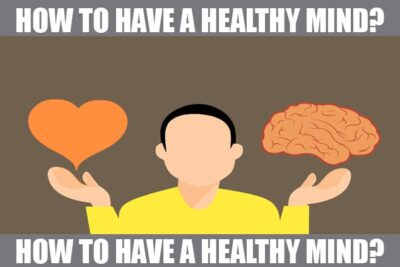
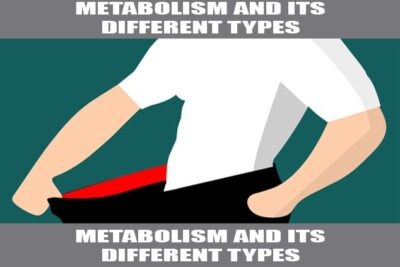
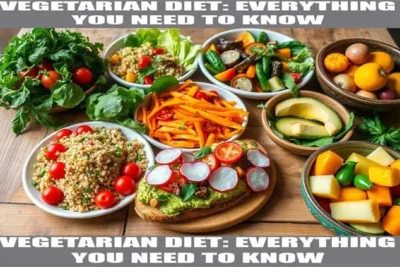
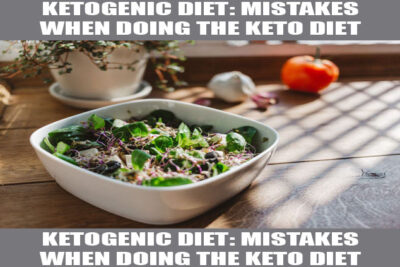






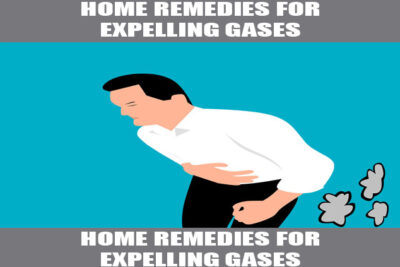


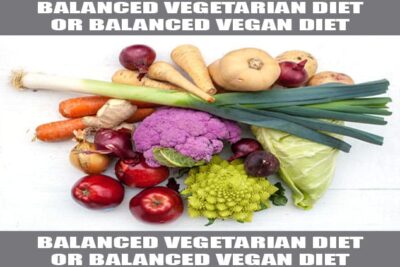




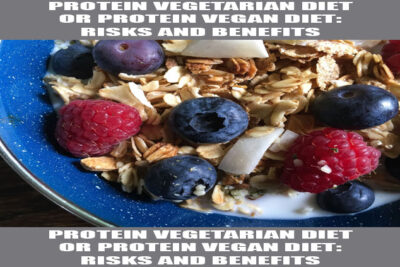

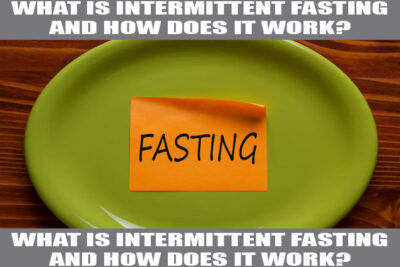


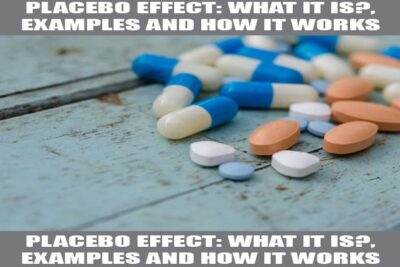


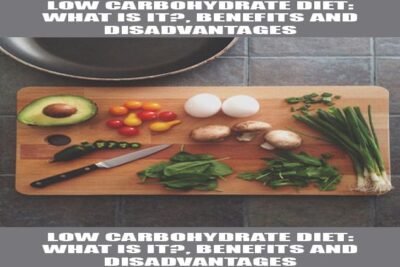


Content that may interest you